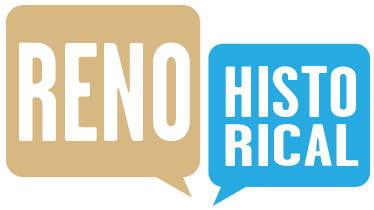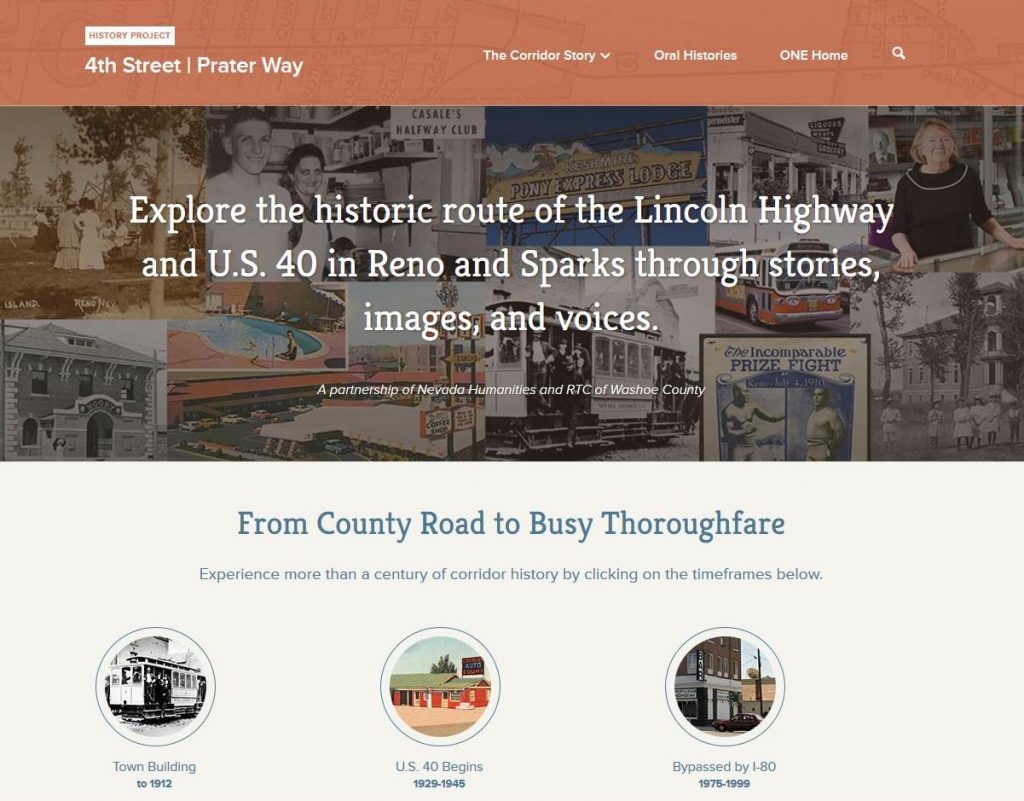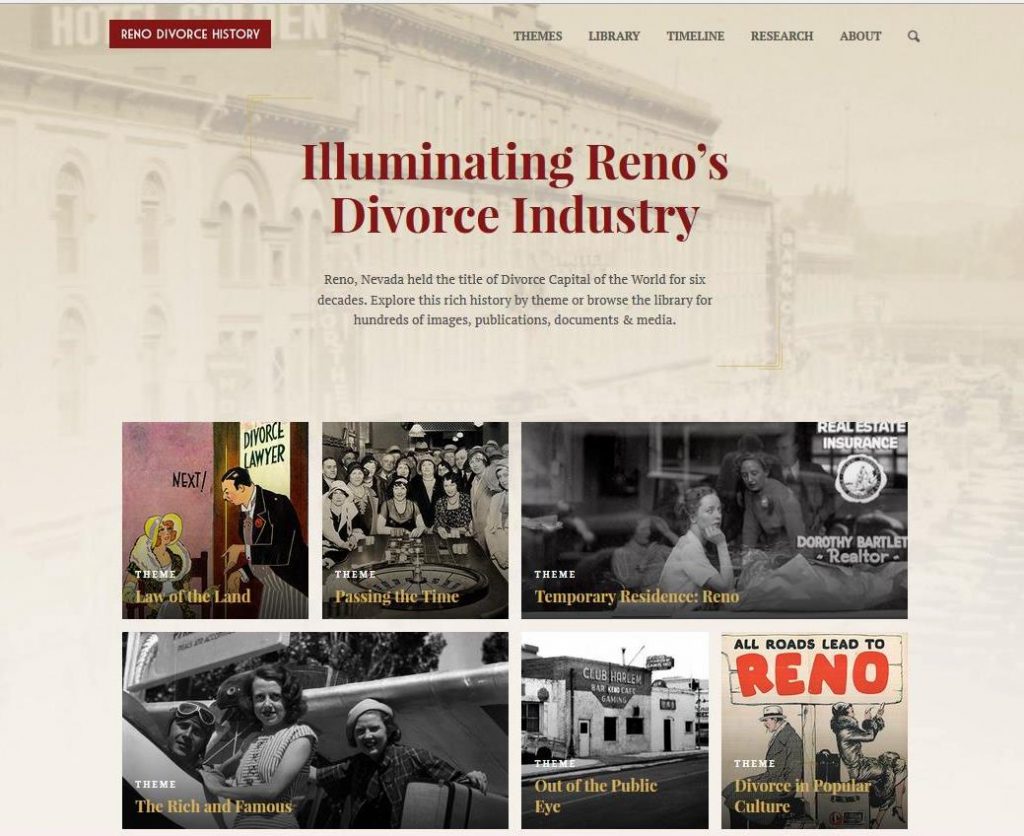Expanding the Reach of History
Digital projects enable stories from the past to reach unlimited audiences. Strategic use of websites and smart phone apps can provide greater access to historical materials, expand understanding of important historical developments, enhance knowledge of places and communities, and more.
Whether you seek to tell the story of a place, event, person, or community, consult with us to determine how best to translate your material into a digital project that the public will embrace. As experienced formulators of numerous successful digital history projects, Stories in Place can help you through the following steps:
- determining the appropriate scope for your digital project
- selecting an appropriate digital platform or approach
- interviewing and hiring qualified designers and developers
- determining effective site navigation
- researching and developing text and imagery
- securing permissions for proprietary materials
- managing your digital history project from start to finish
Sample Projects
 Reno Historical (launched 2014; ongoing)
Reno Historical (launched 2014; ongoing)
The Reno Historical smart phone app and website is a collaborative community venture developed under the auspices of the Special Collections Department of the University of Nevada, Reno Libraries and now administered by the Historic Reno Preservation Society. Available as a free app for both Android and iPhone with a corresponding website, Reno Historical utilizes the Curatescape platform, developed by the Cleveland State University’s Center for Public History & Digital Humanities.
Startup funding was secured from the Historic Reno Preservation Society and grants from Nevada Humanities and the Institute of Museum and Library Services. The Nevada Historical Society, the City of Reno’s Historical Resources Commission, UNR Special Collections and numerous private collectors have graciously donated the use of materials. Writers have included professional historians, community members, and students, for a truly collaborative project. renohistorical.org
Our role: Platform selection; research, writing, & editing of historical content; usage permissions; promotion.
4th Street-Prater Way Website (2015)
The RTC 4th-Street Prater Way History Project is an innovative community partnership initiated by the Regional Transportation Commission of Washoe County (RTC) and culminating in a number of related public history projects intended to integrate the community’s history into future plans for the corridor and strengthen a sense of place.
The multimedia online feature about the 4th Street-Prater Way corridor, housed on the Nevada Humanities website Online Nevada, includes full oral history transcripts and audio excerpts, a six-part historical narrative, slideshows of historical and contemporary images, and links to relevant content on Reno Historical and the Online Nevada Encyclopedia. 4thPrater.onlinenevada.org
Our role: Collaboration in design of site layout & navigation; coordination with site designers and developers; oral histories; research and development of all text, imagery, and multimedia; use permissions.
 Illuminating Reno’s Divorce Industry (2015)
Illuminating Reno’s Divorce Industry (2015)
Illuminating Reno’s Divorce Industry is a project of the Special Collections Department, University of Nevada, Reno Libraries. The goal was to showcase the library’s extensive collections relating to the era (approximately 1905-1968) when Reno was known as the Divorce Capital of the World. The library digitized hundreds of materials in order to expand the reach of its collection, and its usefulness to both researchers and the general public.
The website incorporates oral history, curated audio introductions, slideshows, historical narratives, and a comprehensive searchable library of materials. The website was named one of “Five Digital History Projects That Dazzled Us in 2015” by Slate magazine. renodivorcehistory.org
Our role: Selection of web developers and designers; collaboration on site scope and navigation; historical research, writing, and editing; selected oral history recording and transcription; preparation of audio content.

